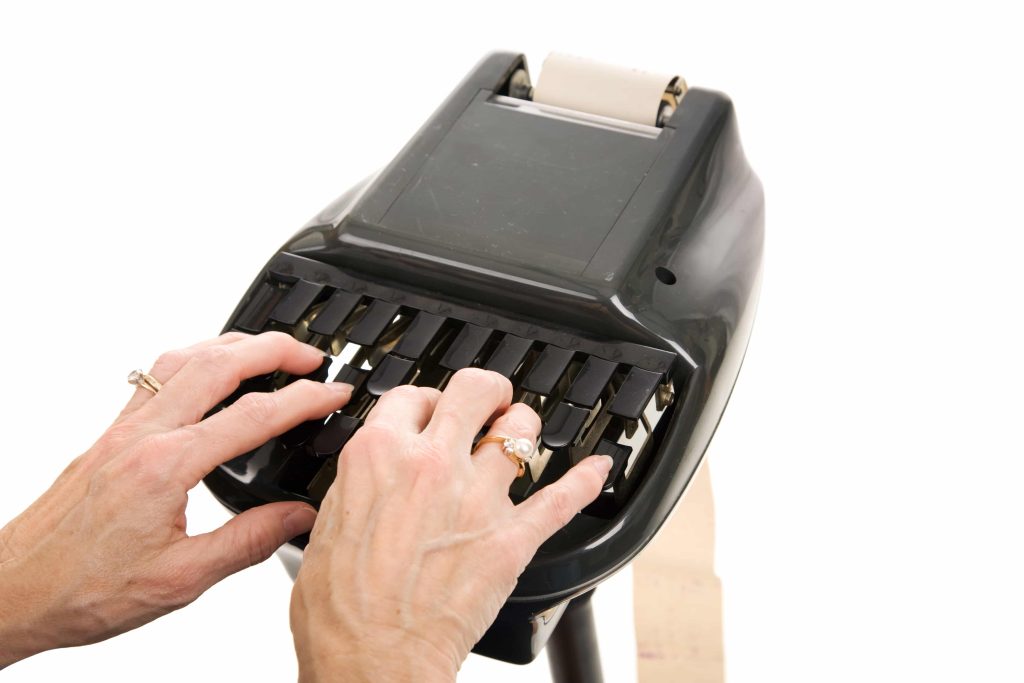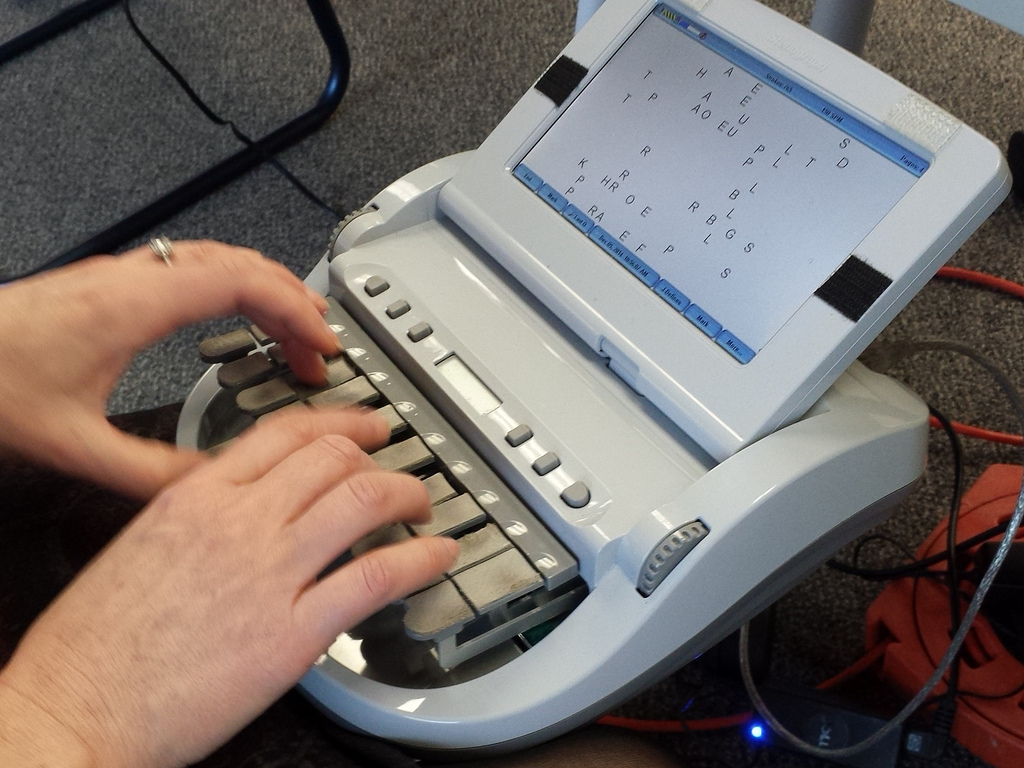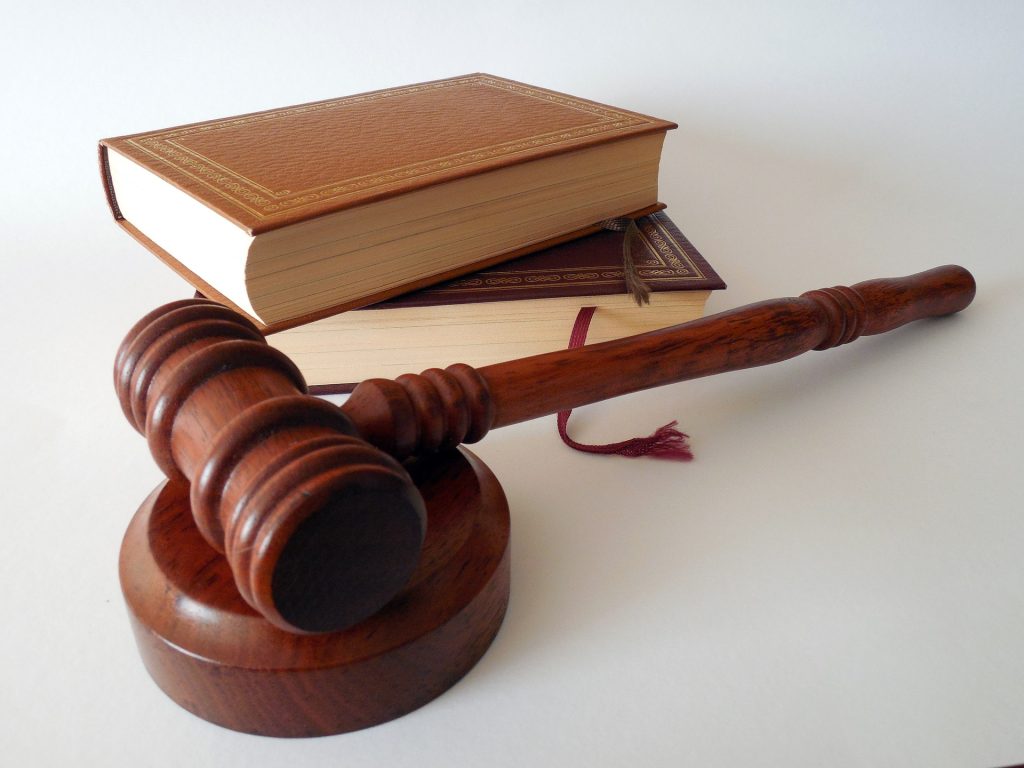Why are Court Reporters Important to CourtScribes

As time has gone forward, technology jobs increase as more mechanical-type jobs go by the wayside. In court reporting circles, that you have read about here at CourtScribes, many believe that this too will happen to the profession. As a matter of fact, it is happening right now as we speak. As the technology expands […]
Why are Court Reporters Important

As time has gone forward, technology jobs increase as more mechanical-type jobs go by the wayside. In court reporting circles, that you have read about here at CourtScribes, many believe that this too will happen to the profession. As a matter of fact, it is happening right now as we speak. As the technology expands […]
Is Digital Court Reporting the Stenographer of the Future

Technological advancements in digital reporting and stenographer shortages are really beginning to impact the legal market in every region of the country. This can be thought of as the point where a technology or method transitions into the mainstream market. In the case of court reporting, digital reporting is expanding from the courtroom into the […]
Are Court Stenographers on Their Way Out

As technology continues to improve daily, and it does continue rapidly to do so, there has been a concern regarding how much its advancement may cost people their jobs in the future. Now, we have entered an era where not only basic audio recordings, but also voice-to-text translations have become widely available, officials have started […]
